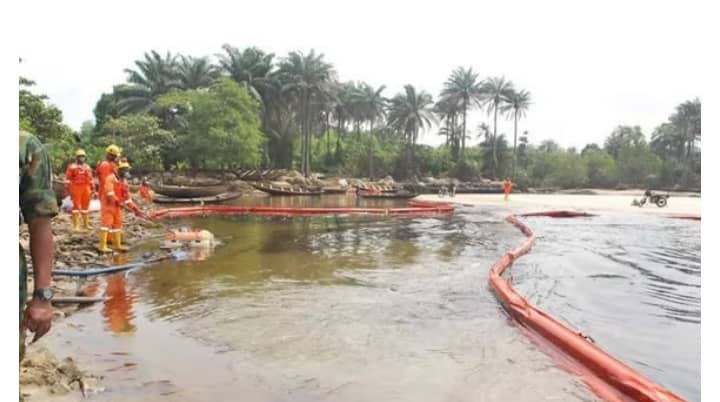In a resolute move to rejuvenate the Ogoni clean-up initiative, the federal government, under the leadership of President Bola Tinubu, has pledged to adopt a more effective and enduring approach to environmental remediation and community empowerment in Ogoniland.
At a recent gathering in Bori, Khana Local Government Area of Rivers State, stakeholders convened to discuss the revamped strategy, emphasizing inclusive community engagement and sustainable development. Gift Johnbull, Senior Special Assistant to President Tinubu on Community Engagement, South-South, articulated the government’s commitment to transparency and collaboration:
“Our focus today is on inclusion and collaboration as mandated by President Bola Tinubu. We are here to evaluate significant empowerment initiatives such as environmental remediation, aiming for lasting impact on the lives of the Ogoni people.”
The initiative, branded “Na My Area, Na My Country,” aims to foster patriotism and local ownership while enhancing governance in communities affected by oil spills. This approach marks a departure from past efforts, prioritizing environmental sustainability, economic empowerment, and community well-being.
Addressing stakeholders, Johnbull highlighted the necessity of collective effort to achieve tangible results:
“It is crucial that we come together as diverse stakeholders to collaborate and ensure the success of the Ogoni clean-up. President Tinubu has established robust frameworks and accountability mechanisms to ensure transparency and meaningful community involvement.”
The Hydrocarbon Pollution Remediation Project (HYPREP) Coordinator, Prof Nenibarini Zabbey, underscored the project’s progress since 2023, particularly in remediation efforts:
“We have focused on remediation of water sources, livelihood creation, and strengthening the health sector. Significant milestones include the certification of 48 out of 50 remediated sites by NOSDRA, and ongoing efforts to clean contaminated shorelines and restore mangroves.”
Prof Zabbey detailed ongoing efforts in land and water remediation, highlighting the intricate nature of the sites targeted for cleanup and the extensive scope of mangrove restoration initiatives.
In his address, Suanu Baridam, the traditional ruler of Bangha in Khana, stressed the importance of the clean-up initiative in transforming the lives of the Ogoni people:
“We urge that the clean-up not only addresses environmental concerns but also enhances economic opportunities and empowers our youth.”




